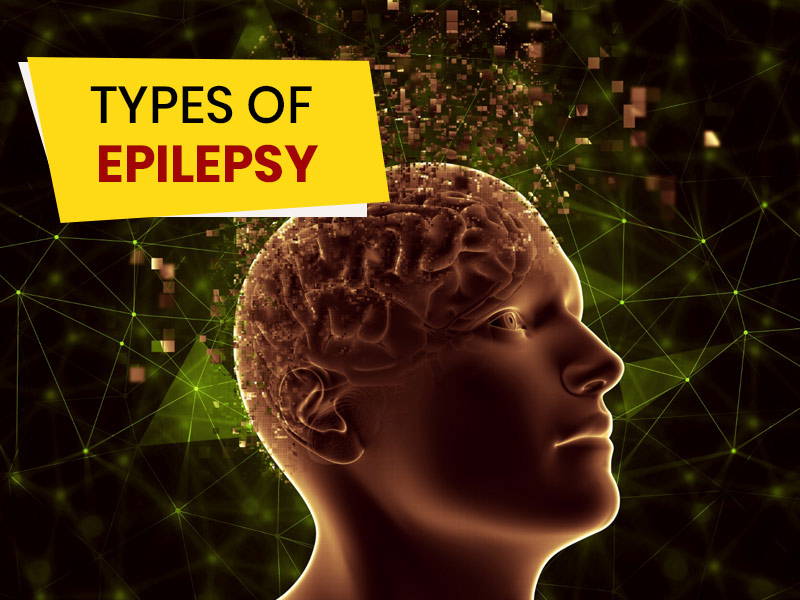
November 17th marks National Epilepsy Day, a time to raise awareness and promote understanding about epilepsy, a neurological disorder that affects millions worldwide. One crucial aspect of epilepsy awareness is recognizing the various types of seizures that individuals with epilepsy may experience.
Table of Content:-
Different Types of Seizures
1. Generalised Seizures
These seizures affect both sides of the brain and often result in loss of consciousness. Absence seizures, previously known as petit mal seizures, cause a brief lapse in awareness, while tonic-clonic seizures, formerly called grand mal seizures, involve convulsions and may lead to unconsciousness.
2. Focal (Partial) Seizures
Focal seizures originate in a specific area of the brain and can be further classified into simple and complex seizures. Simple focal seizures do not cause loss of consciousness but may affect emotions or sensations. Complex focal seizures, on the other hand, can alter consciousness and may lead to unusual behaviours.

Also Read: National Epilepsy Day 2023: Date, Theme, Significance and Importance
3. Absence Seizures
Commonly seen in children, absence seizures cause a brief loss of consciousness, often mistaken for daydreaming. Individuals experiencing absence seizures may exhibit subtle movements like blinking or lip-smacking.
4. Atonic Seizures
Atonic seizures, also known as drop attacks, result in a sudden loss of muscle control, leading to a person collapsing or falling. These seizures are brief but can pose a risk of injury.

Also Read: National Epilepsy Day 2023: Date, Theme, Significance and Importance
5. Myoclonic Seizures
Characterised by rapid, brief muscle jerks, myoclonic seizures can affect specific muscle groups or the entire body. These jerks may be mistaken for sudden twitches or spasms.
On National Epilepsy Day, it's crucial to emphasise that each person's experience with epilepsy is unique. Understanding the different types of seizures is a significant step towards fostering empathy and support for those living with epilepsy. If you or someone you know experiences seizures, consult with a healthcare professional for proper diagnosis and management.
Let's work together to dispel myths, reduce stigma, and create a more informed and compassionate society for individuals living with epilepsy.
Also watch this video
How we keep this article up to date:
We work with experts and keep a close eye on the latest in health and wellness. Whenever there is a new research or helpful information, we update our articles with accurate and useful advice.
Current Version